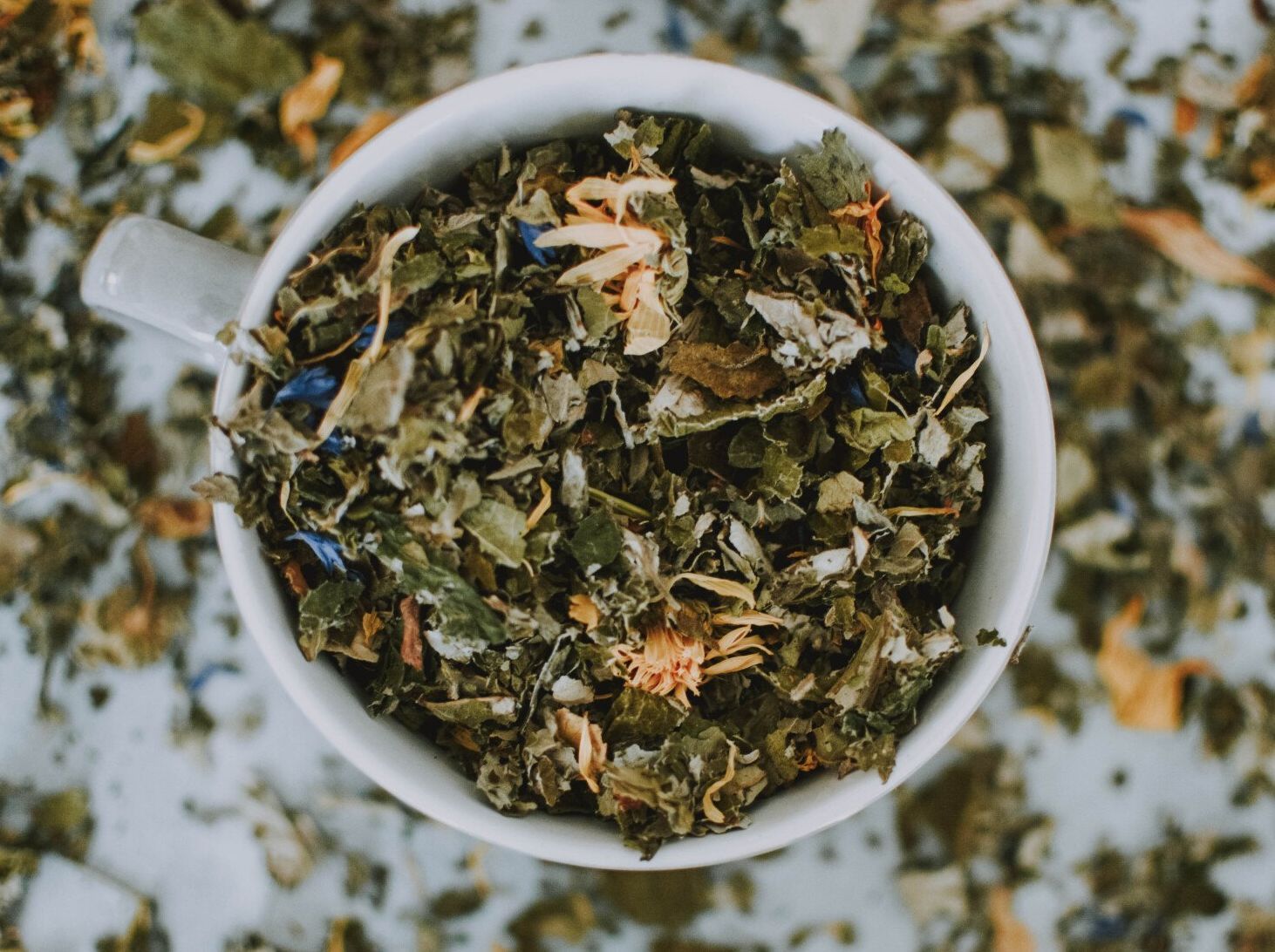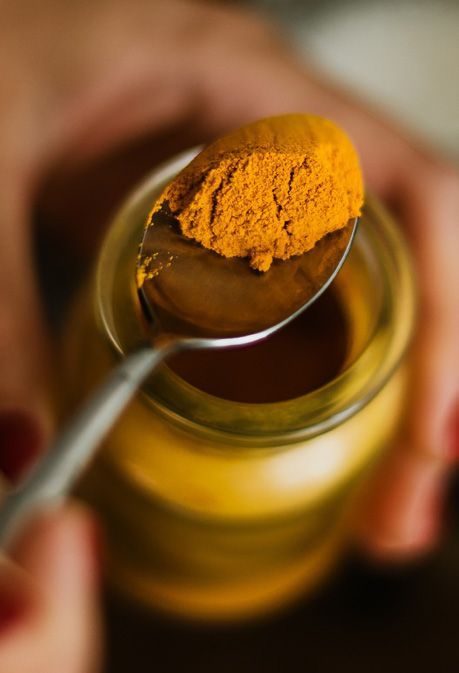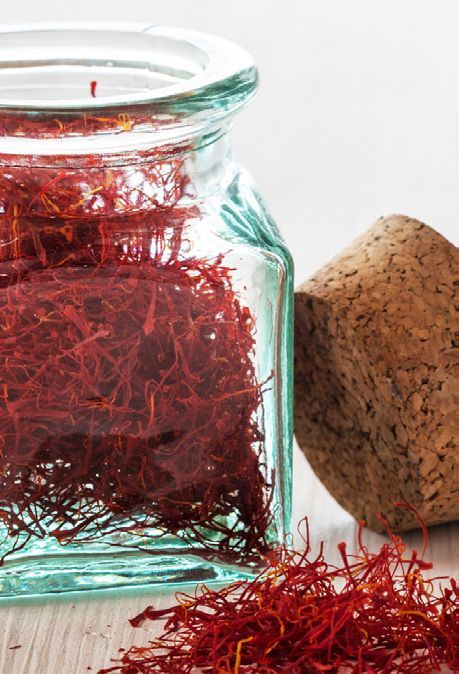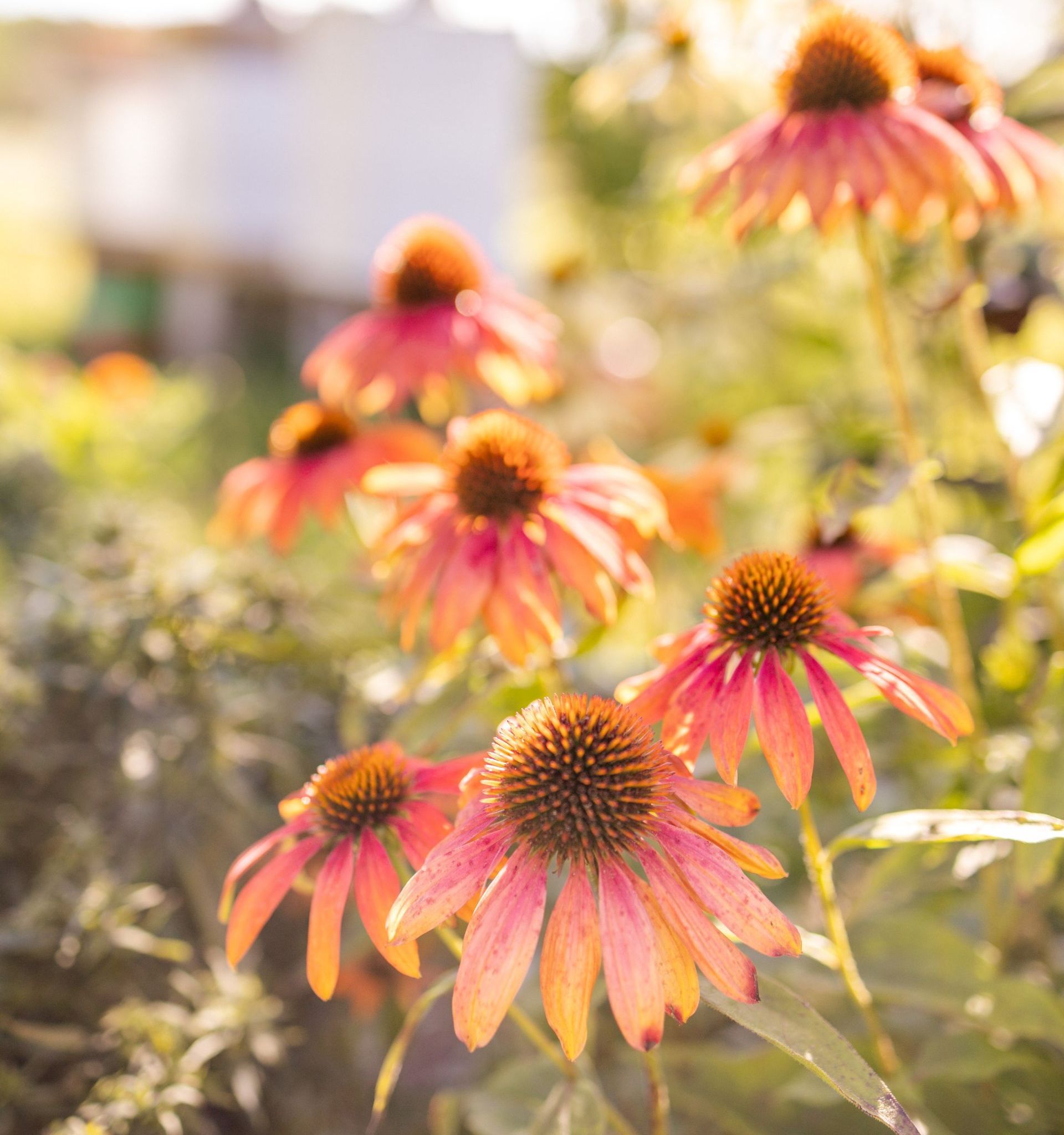Seasonal Affective Disorder: Botanicals to Boost Mental Well-Being

With the changing of the seasons, many people start to experience symptoms of seasonal affective disorder, commonly referred to as SAD. This time of year, fatigue and moodiness, lack of motivation, and even increased feelings of sadness and depression can start to rear their ugly heads and continue well into the winter months. If you or someone you know deals with SAD, I encourage you to make a healthy change this year by incorporating some proven botanicals into your daily wellness routine.

Curcumin
SAD can be quite serious. In addition to feeling sad and tired as the weather changes, people may also experience increased anxiety and depression. Many people with any type of SAD symptoms, including depression and anxiety, usually have something in common: high levels of inflammation in the brain.
Inflammation is the cause of nearly every state of disease in the body, and mental health is no exception. High levels of inflammation in the brain can impede the body’s ability to create new brain cells. It also causes the brain to become deficient in creating important “feel good” and balancing chemicals, like serotonin, noradrenaline, and tryptophan.
A highly absorbable form of curcumin can help. In a published study comparing a curcumin (BCM-95) to two popular prescription drugs, fluoxetine (Prozac) and imipramine (Tofranil), curcumin BCM-95 was found to be just as effective as the two prescription meds. Unlike the drugs, however, curcumin didn’t cause any adverse side effects. In this study, subjects were taking 500 mg of curcumin twice daily. For those who decide to take curcumin to head off symptoms of SAD, my advice is to start early so the botanical can build up to its fullest potential in time for the seasonal changes.

Saffron
Saffron is another powerful botanical proven to support a healthy mood. This ancient spice is unique in its ability to restore normal body chemistry. Specifically, saffron has been shown to boost serotonin production, lower cortisol, and help preserve levels of gamma-aminobutyric acid (GABA), which are often lower in people with depression. Clinical studies have found saffron reduces symptoms of milder forms of depression, serious depression with anxiety, and even postpartum depression. It can be extremely helpful to individuals dealing with SAD.
One clinical trial highlighted in Phytotherapy Research found that saffron reduced the symptoms of persistent depressive disorder in just six weeks. In more serious and harder-to-treat forms of depression, especially when they overlap with anxiety, saffron also works well to relieve symptoms. An Iranian clinical trial found that a 12-week regimen of saffron had a significant impact on the symptoms of depression. Additionally, a small study showed that saffron can potentially boost the effectiveness of conventional anti-depression medications.
For best results, look for a clinically studied saffron extract that works along unique pathways to support emotional balance and peace of mind.

Echinacea angustifolia
Another important botanical that can be effective at managing symptoms of SAD is a form of a common, well-known herb: Echinacea angustifolia.
This may surprise you, but all botanicals contain multiple compounds that affect a variety of indications and health conditions. This is true for Echinacea angustifolia. Traditionally, echinacea is well known for its ability to support immune health and fight cold and flu viruses, based on its level of compounds called polysaccharides. But there are additional compounds in echinacea known as alkamides, which have been shown to have a totally different set of benefits. These alkamides can stop anxiety symptoms, quickly and safely.
Alkamides are powerful plant compounds that attach to CB-1 receptors in the brain to elicit feelings of calm and relaxation and help people feel more focused and in control. These alkamides can also prevent the degradation of anandamide, one of the naturally occurring neurotransmitters in our brains that help us feel calm and at peace. Anyone who struggles with stress, anxiety, nervous tension, or restless sleep might consider trying Echinacea angustifolia extract.
This incredible botanical has even been shown to mirror the symptom relief of prescription anti-anxiety medications, without the side effects. An initial scientific study found this extract, standardized for a unique alkamide profile, can match the prescription drug chlordiazepoxide (Librium) in anxiety-relieving success. After just one day, the participants noticed a significant reduction in stress and anxiety, with an even greater reduction in just seven days.*

Terry Lemerond is a natural health expert with over 55 years of experience. He has owned health food stores, founded dietary supplement companies, and formulated over 500 products to help people live healthier lives. A much sought-after speaker and accomplished author, Terry shares his wealth of experience and knowledge in health and nutrition through social media, newsletters, podcasts, webinars, and personal speaking engagements. Terry’s weekly radio program, Terry Talks Nutrition, is available online through his educational website at TerryTalksNutrition.com. His continual dedication, energy, and zeal are part of his ongoing mission — to improve the health of America.
*These statements have not been evaluated by the Food and Drug Administration. These products are not intended to diagnose, treat, cure, or prevent any disease.










